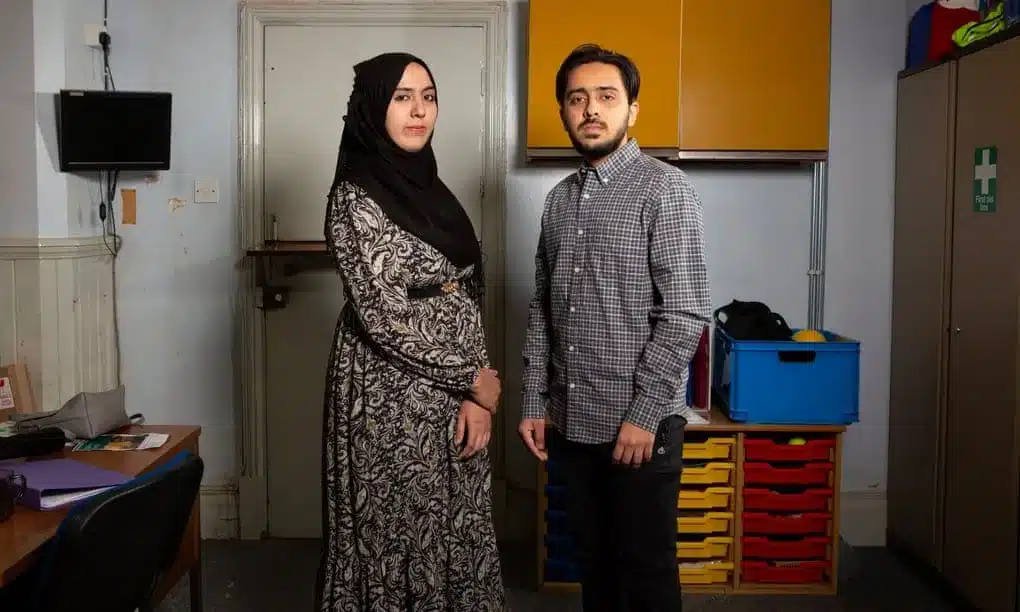Thousands of migrant care workers face deportation threats due to enforcement actions taken against their employers by the Home Office, leaving them in limbo despite no wrongdoing on their part.
One such case involves Zainab and Ismail Contractor, siblings from India who paid £18,000 to a recruitment agency for UK care jobs, only to discover they had been scammed. With their sponsor company losing its license, they must find another sponsor within 60 days or face deportation, leaving them in financial distress.
The plight of the Contractors is not isolated, as an investigation reveals that 3,081 care workers had their sponsorships cancelled in 2022 and 2023, with 94% linked to companies losing their sponsorship rights.
Another care worker, Katherine from Nigeria, sold her assets to move to the UK for a care job, only to find herself without work after her sponsor company failed to secure care contracts, resulting in deportation threats.
Critics argue that the tied visa system for care workers needs reform, as workers suffer due to employers’ actions, facing exploitation and false promises followed by deportation threats from the government.
Calls for reform include extending support to workers facing deportation and revising the 60-day rule, which activists argue is insufficient for finding new sponsorship or arranging departure.

Meanwhile, there are concerns over the vetting process for companies granted sponsorship licenses, with newly established care providers receiving licenses despite lacking service records, raising questions about the government’s oversight.
Despite challenges, some workers manage to secure new sponsorships within the Home Office’s deadline, but many others face uncertainty and distress, with families uprooted and livelihoods at stake.
The situation underscores the human cost of bureaucratic shortcomings and highlights the vulnerability of migrant workers who often uproot their lives for better opportunities abroad.
Many workers, like Zainab and Ismail, invest significant sums and take on debts to pursue these opportunities, only to face unforeseen challenges and legal hurdles.
Critics argue that the government’s response to such situations has been inadequate, leaving workers stranded without sufficient support or recourse.
Calls for more robust safeguards and assistance mechanisms for migrant workers have intensified in light of these cases, with advocates urging policymakers to prioritize the well-being and rights of vulnerable workers.
The emotional toll on affected individuals and families cannot be overstated, with the uncertainty of their future exacerbating existing stress and anxiety.
For many, the prospect of deportation means financial hardship, disruption of established lives, and shattered dreams of a better future.
As debates over immigration policies and worker protections continue, the stories of individuals like Zainab, Ismail, and Katherine serve as poignant reminders of the human consequences of bureaucratic failures and the urgent need for reforms to ensure fairness, dignity, and justice for all migrant workers.
Furthermore, the lack of consequences for companies that violate sponsorship rules raises concerns about accountability and oversight in the care sector. Despite facing revocation of their sponsorship licenses, these companies can continue operating without repercussions, leaving workers to bear the brunt of the fallout.
Moreover, the Home Office’s approach to handling such cases has been criticized for its lack of transparency and accountability.
Many workers feel abandoned by the system, with limited avenues for recourse or support. As a result, there is a growing sense of frustration and disillusionment among migrant workers who find themselves caught in a bureaucratic quagmire with little hope for resolution.
©M10news 2024














